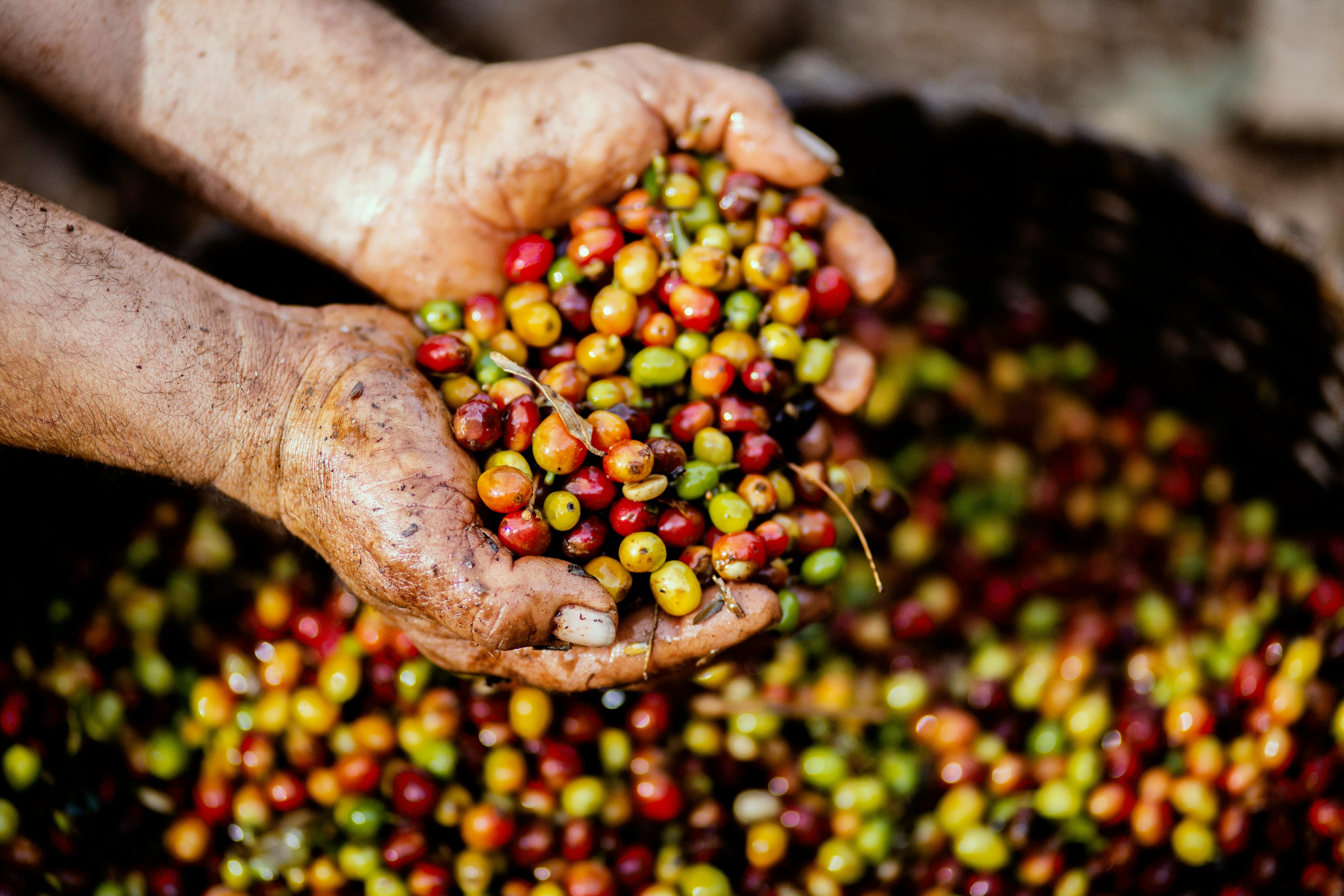Forging change to increase food security and decrease hunger for women and communities
October 13, 2022
Responsible for half of global food production, women are feeding their families, communities and the world. Yet research indicates that global hunger is not only a worsening issue, but one that disproportionately affects women. Swift positive change is needed!
Food security is defined by availability, access, utilization and stability, and women are vulnerable across all these areas.
UN World Food Program reports that of the 345 million people who are severely hungry in the world, nearly 60% are women and girls, while in nearly two-thirds of countries, women are more likely than men to report food insecurity.
Although food poverty in relation to gender inequality is a complex issue, taking steps to resolve it will not only benefit women, but also change global communities for the better.
Gender inequality and food poverty
Around the world, more than 80 percent of those living in poverty live in rural areas and rely on agriculture for income. With limited access to training, finance, innovation, and technologies, these communities are often worst affected by food crises triggered by both natural and man-made disasters.
Although women in these communities are key players in food systems and security, they disproportionately suffer from food poverty, with a higher risk of malnutrition and hunger than men. Gender inequality means women face discrimination, low and often non-existent income, and limited decision-making power, both within the household and in political spheres. All of these inequalities contribute to women's food poverty.
Improving women's food security

While global hunger remains an ongoing issue, decisive action must be taken to improve women's food security. For example, women must be empowered to participate in decision-making processes that improve their food security, such as giving them a voice in governmental settings.
Education, too, can reduce female food poverty, including awareness around nutrition and information about a woman's rights and responsibilities in relation to land ownership.
Many women, particularly in developing countries, are left behind in the wake of progress and innovation. Prioritizing women's access to new technologies can strengthen their role and impact in food systems.
Overall changes, however, must be made to food systems and the agricultural industry, such as the development of best practices that focus on inclusion and break down traditional systems of inequality.
Empowering women improves food security for all
Everyone in the world shares one food system. Conflict, disease, inequality, climate change and rising food and fuel prices all threaten food security by preventing access to affordable and nutritious food. Improving gender equality in food systems benefits everyone - improving production, nutrition, sustainability, and livelihoods.
Gender equality improves economic efficiency. In agriculture, women lack access to resources, training and new technologies. Resolving these issues could improve food production worldwide and reduce hunger, while increasing women's income and overall livelihoods.
While women are highly involved in food production, they also manage nutrition in most homes, including food purchase and preparation. Yet, traditional gender inequalities limit women's access to food education and control over household finances. Empowering women in the home could improve both women and men's food security and that of their children, a critical element of building a better world for future generations.
Promoting action around issues of food poverty
One such body that is working hard to solve world hunger for both women and men is the UN Food and Agriculture Organization (FAO).
FAO's goal is to achieve food security for all and ensure that people have regular access to enough high-quality food to lead active, healthy lives.
Celebrated annually on 16 October, World Food Day commemorates the date of the founding of FAO and celebrates its global impact. By highlighting FAO's role in combating global hunger, World Food Day also encourages decision-making bodies to implement successful agriculture policies to ensure food security for all nations around the world.
World Food Day also promotes global awareness and action around issues of food poverty and highlights the need to build a sustainable world where everyone, everywhere has regular access to sufficient nutritious food.
World Food Day unites global communities
World Food Day is a global awareness event, and food poverty is global crisis that can only be solved through the mobilization of global communities. World Food Day provides an important opportunity for those in positions of power and privilege to reflect on the part they can play in improving food security for those in developing countries.
Everyone can come together to play a part in improving access to food and nutrition, and to make food systems more inclusive and sustainable. Governments, businesses, non-profits, media, communities, and individuals - can all help forge change.